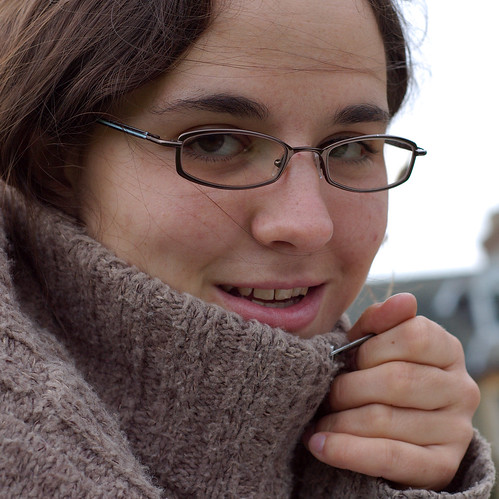Comeclose and Sleepnow
it is afterwards
and you talk on tiptoe
happy to be part
of the darkness
lips becoming limp
a prelude to tiredness.
Comeclose and Sleepnow
for in the morning
when a policeman
disguised as the sun
creeps into the room
and your mother
disguised as birds
calls from the trees
you will put on the dress of guilt
and the shoes with broken high ideals
and refusing coffee
run
alltheway
home.
Roger McGough
I love the cleverness with words. It could have been self-conscious in the playing with homonyms and rhymes (gilt/guilt, heels/ideals), but it just seems to be pleased to be able to play. The elision of certain words has the same playful feeling to it. I love the fact that the the dress of guilt and the broken ideals are things one has to put on - it's a show, not real, taken up at the insistence of external forces. Neither are things that, underneath the trappings, one really feels. The light of day hides the honesty of the night. The darkness is happy, the day is guilty. 'It was the nightingale and not the lark that pierced the fearful hollow of thine ear. Believe me, love, it was the nightingale!'* It is not until the policeman-day creeps insidiously into the room that there must be guilt, and consequences, and no coffee.
I love the image of 'talking on tiptoe'. I think it was about seventy percent of the reason I wanted to post it. It seems so appropriate for the moment where there has to be talking, but there is no wish to disturb the mood or the moment. Delicate, gentle. More than that. 'Comeclose and Sleepnow' couldn't happen if there wasn't the fragile and insubstantial softness of talking on tiptoe. I think the elision adds a childlike quality to the writing, and the sleep is very innocent because of it, despite the fact that we know that this is a poem that starts after sex. The sex is innocent and pure and childlike. The morning, the running away, is hard and external and disturbs the honesty of the two people and their feelings.
*Romeo and Juliet, Act 3, Scene 5.
I love the image of 'talking on tiptoe'. I think it was about seventy percent of the reason I wanted to post it. It seems so appropriate for the moment where there has to be talking, but there is no wish to disturb the mood or the moment. Delicate, gentle. More than that. 'Comeclose and Sleepnow' couldn't happen if there wasn't the fragile and insubstantial softness of talking on tiptoe. I think the elision adds a childlike quality to the writing, and the sleep is very innocent because of it, despite the fact that we know that this is a poem that starts after sex. The sex is innocent and pure and childlike. The morning, the running away, is hard and external and disturbs the honesty of the two people and their feelings.
*Romeo and Juliet, Act 3, Scene 5.







Who is the author?
ReplyDeleteAh. See, this is what happens when one posts when drunk. Roger McGough.
ReplyDelete